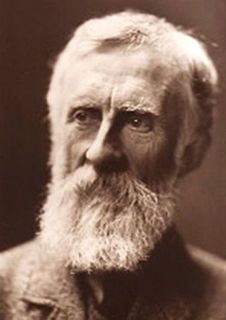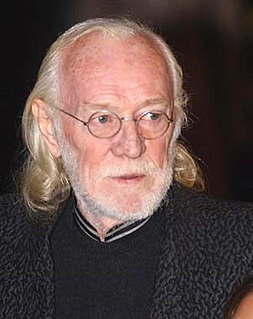A Quote by Mary Parker Follett
The most successful leader of all is the one who sees another picture not yet actualized. He sees the things which are not yet there... Above all, he should make his co-workers see that it is not his purpose which is to be achieved, but a common purpose, born of the desires and the activities of the group.
Related Quotes
Leader and followers are both following the invisible leader - the common purpose. The best executives put this common purpose clearly before their group. While leadership depends on depth of conviction and the power coming therefrom there must also be the ability to share that conviction with others, the ability to make purpose articulate. And then that common purpose becomes the leader.
No one can become fully aware of the very essence of another human being until he loves him. By his love he is enabled to see the essential traits and features in the beloved person; and even more, he sees that which is potential in him, which is not yet actualized. Furthermore, by his love, the loving person enables the beloved person to actualize these potentialities. By making him aware of what he can be and what he should become, he makes these potentialities come true.
The question that faces every man born into this world is not what should be his purpose, which he should set about to achieve, but just what to do with life? The answer, that he should order his life so that he can find the greatest happiness in it, is more a practical question, similar to that of how a man should spend his weekend, then a metaphysical proposition as to what is the mystic purpose of his life in the scheme of the universe.
The artist should paint not only what he sees before him, but also what he sees within him. If, however, he sees nothing within him, then he should also refrain from painting that which he sees before him. Otherwise, his pictures will be like those folding screens behind which one expects to find only the sick or the dead.
Who’s to say that it takes something like a drug to mess with your perception of reality? How did Hitler deceive a nation? How can one group of people look at the world and see one thing, and another see something completely different? One sees a town, another sees a desert. One sees beauty, another sees chaos.” The skin of this world,” he said quietly.
Le Chiffre was serving a wonderful purpose, a really vital purpose, perhaps the best and highest purpose of all. By his evil existence, which foolishly I have helped to destroy, he was creating a norm of badness by which, and by which alone, an opposite norm of goodness could exist. We were privileged, in our short knowledge of him, to see and estimate his wickedness and we emerge from the acquaintanceship better and more virtuous men.
Many a scientist has patiently designed experiments for the purpose of substantiating his belief that animal operations are motivated by no purposes. He has perhaps spent his spare time in writing articles to prove that human beings are as other animals so that 'purpose' is a category irrelevant for the explanation of their bodily activities, his own activities included. Scientists animated by the purpose of proving that they are purposeless constitute an interesting subject for study.
The photographer sees the world as a child sees the bits of glass in a kaleidoscope. If he has a camera with which he can secure these ever-changing combinations, he is then able to look on them again and again, and he has the further pleasure of pleasing others with the sight of things which he, with perhaps unusual opportunities, was able to see, which his friends would otherwise not ever be able to.
We must never put our dreams of success as God's purpose for us; His purpose may be exactly the opposite. His purpose is that I depend on HIM and in HIS power NOW. His end is the process. It is the process, not the end, which is glorifying to God....His purpose is for this minute, not for something in the future. We have nothing to do with the 'afterwards' of obedience. If we have a further end in view, we do not pay sufficient attention to the immediate present; if we realize that obedience is the end, then each moment as it comes is precious.































